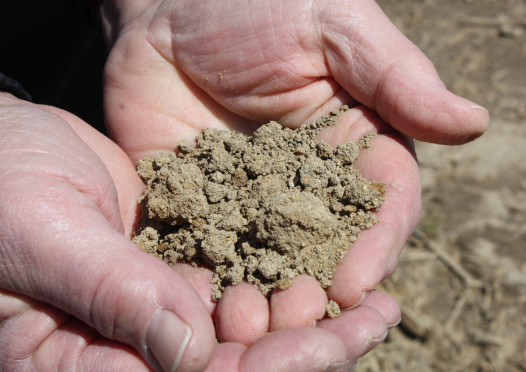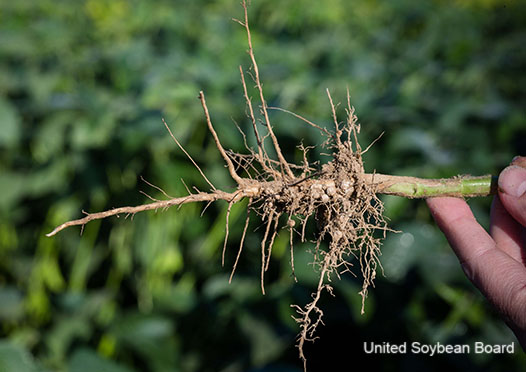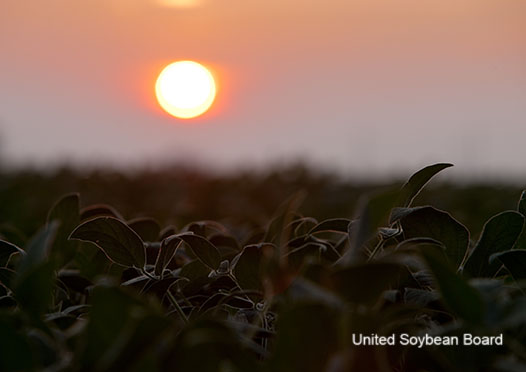ILSOYADVISOR POST
Record wet weather causing problems.
Record-setting spring rains have really put a lot of producers and their crops between a rock and a hard place. Here at our farm, it was the wettest spring I can ever remember in 30-plus years of farming. We were in the field planting a total of three days in May and one in June. We had over 13 inches of rain in June alone, with most rain events being downpours with heavy inch-per-hour intensities.
The result is that we now have crops that are yellow from being in saturated soils. Both corn and soybeans are suffering. Crops are displaying a yellowish color, the plant heights are stunted and good root growth is lacking. Because of this, plant development has been restricted.
Another issue is that there are several areas of little or no stand—where the crop has finally drowned out. Even in areas where the crop didn’t completely die, there are only a few plants to compete with the weeds.
Weed control has been hit-or-miss because fields have been inaccessible. Those fields where a sprayer could have travelled now have some pretty good ruts in them. Also, because of the rainfall, in most cases, the chemical control has been less than effective.
Again a side effect of this is that some individuals have got pretty creative with their chemistry when trying to “fix” these weed issues. In some cases that will result in planting those fields back to the same crop due to rotation restrictions because of the herbicide used.
The wet weather also delayed wheat harvest. Hopes for some good-quality wheat began to disappear as the rains continued into crop maturity.
To say the least for many of us here in southern Illinois the 2015 crop has been a challenge. The season is not over yet. With many acres of prevent planting, we now have fallow acres that will require attention as we go through the summer.
2015 may be a very long year.





Comments
Add new comment